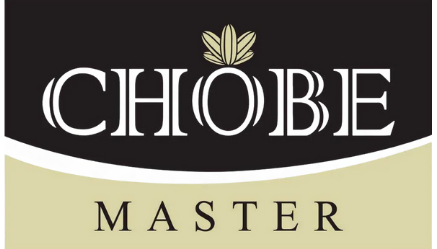
Postbiotics: The New Superfood You Need to Know About
In the wide world of health and fitness, it often appears that new, popular terms emerge quite frequently. Lately, there's been quite a bit of chatter about "postbiotics," a relatively fresh term on the scene. These not-so-well-known substances are generating quite a bit of attention due to their impressive health benefits, and there's a good reason for the excitement. In this article, we'll take a deeper dive into what postbiotics actually are, why they play a vital role in your well-being, and how you can seamlessly include them in your daily diet. Let's explore this captivating aspect of nutrition, which might just transform the way we think about maintaining our health.
What Are Postbiotics?
Postbiotics are a relatively new addition to the family of gut-friendly substances, which includes probiotics and prebiotics. While probiotics are live bacteria that offer numerous health benefits, and prebiotics are dietary fibers that fuel the growth of these beneficial microbes, postbiotics are the compounds produced by probiotics during their metabolic processes. In simpler terms, they are the byproducts of good bacteria working their magic in your gut.
Why Are Postbiotics Essential for Health?
The tummy is sometimes called the "second brain" because it's closely linked to lots of things our body does, like digesting food, keeping us healthy, and even how we feel. Postbiotics are super important for keeping our tummy in good shape, and when our tummy is happy, we feel better overall. That's why you should pay attention to postbiotics.
Improved Digestion: Postbiotics support better food breakdown and nutrient absorption, which decreases the chances of tummy discomfort like feeling bloated, gassy, or constipated.
Immune Support: A substantial portion of your immune system resides in the gut. Postbiotics help regulate immune responses, making you less susceptible to infections.
Anti-Inflammatory Properties: These compounds have been found to possess anti-inflammatory properties, potentially reducing the risk of chronic inflammatory diseases.
Improved Mental Health: Emerging research suggests that the gut-brain connection is influenced by postbiotics, which may contribute to improved mood and mental health.
Gut Microbiome Balance: Postbiotics contribute to maintaining a diverse and balanced gut microbiome, which is crucial for overall health.
How to Incorporate Postbiotics into Your Diet
Now that you understand the importance of postbiotics, you're probably wondering how to include them in your diet. Here are some easy ways:
Fermented Foods: Foods like yogurt, kefir, sauerkraut, kimchi, and kombucha are rich sources of postbiotics as they are teeming with live probiotics that produce these compounds during fermentation.
High-Fiber Foods: Consuming a diet rich in fiber, such as whole grains, legumes, and fruits, provides prebiotics that nourish the probiotics in your gut, leading to increased postbiotic production.
Supplements: If you're looking for a more targeted approach, postbiotic supplements are available in various forms. Be sure to consult with a healthcare professional before adding supplements to your routine.
Homemade Fermentation: Experiment with making your own fermented foods at home, like yogurt or pickles. This allows you to control the ingredients and fermentation process.
Conclusion
In the ever-evolving world of nutrition, postbiotics have emerged as a promising superfood. These natural compounds, derived from the beneficial bacteria in your gut, offer a wide range of health benefits, from improved digestion to enhanced immunity and even better mental health. To harness the power of postbiotics, consider adding fermented foods and high-fiber options to your diet. As research in this field continues to expand, postbiotics may soon become a household name in the realm of wellness. Stay ahead of the curve and prioritize your gut health by embracing the incredible potential of postbiotics today.



![CHOBE Powdered Yogurt Drink - Mix Berries (25g x 12's) [Free Shaker]](https://www.premiercereal.com/image/cache/data/theme/products/Chobe Yogurt/yogurt-shopee-01_210525135018-100x100_0.jpg)
![CHOBE Powdered Yogurt Drink - Passion Fruit (25g x 12's) [Free Shaker]](https://www.premiercereal.com/image/cache/data/theme/products/Chobe Yogurt/yogurt-shopee-02_210525135051-100x100_0.jpg)
